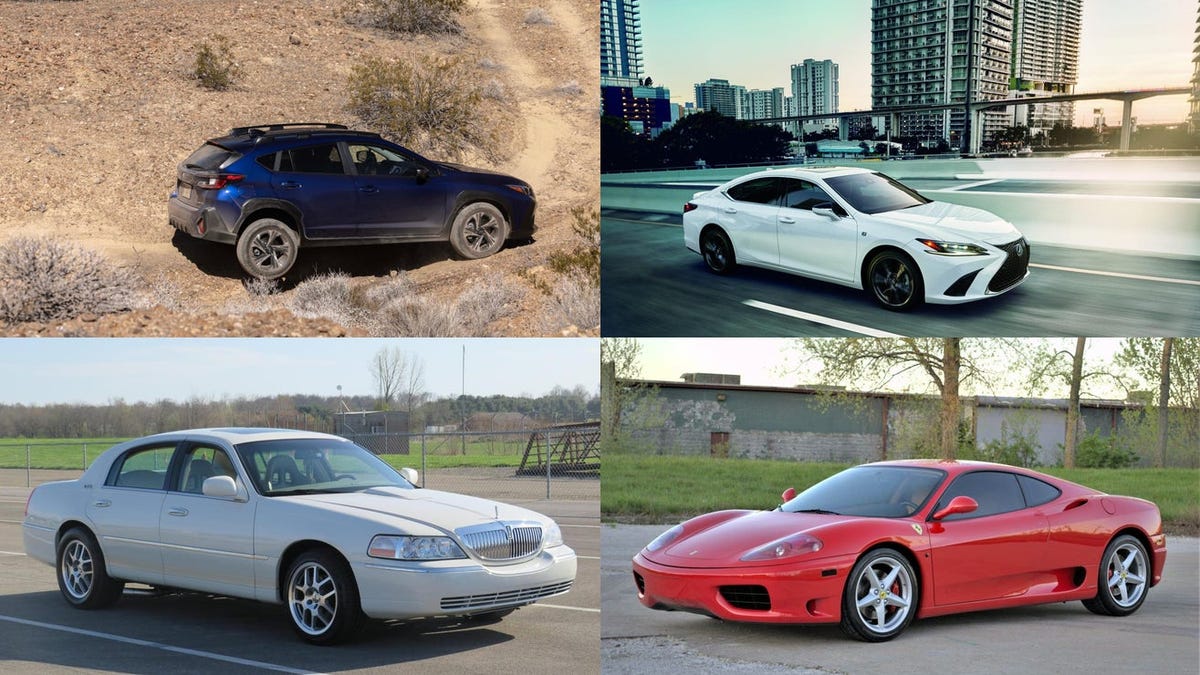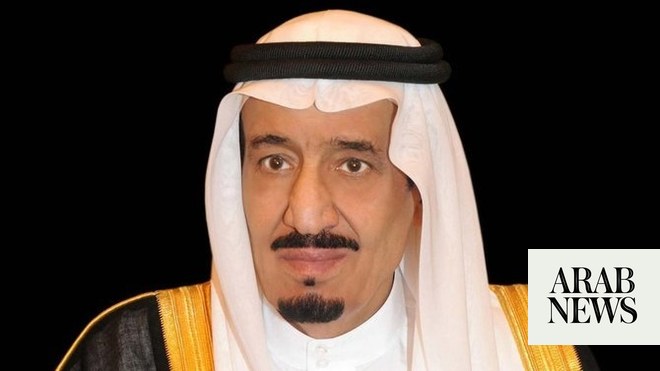The ESC now takes a full week to unfold, with two semifinals, set to be held today and Thursday, before a grand final is broadcast worldwide on Saturday, May 11. Just like last year, 37 countries will take part, with 26 competitors due to participate in the final. And just like last year, there’s been intense debate in the run-up to the competition about the dividing lines between music, art and politics. But unlike last year, no clear favorite has yet emerged during rehearsals.
Bookmaker Paddy Power currently has Croatia, Switzerland, Ukraine, Italy and the Netherlands with the shortest odds to win. Croatian singer-songwriter Marko Purišić, known as Baby Lasagna, is representing with “Rim Tim Tagi Dim,” an ethno-dance banger with Balkan Adam Ant vibes. Switzerland, meanwhile, seems to have finally learnt its lesson after what feels like a decade of boring ballads and sent Nemo with “the Code” — a number with a lot of dramatic strings that could work very well with the right staging.
Ukraine has sent alyona alyona & Jerry Heil — two of the country’s most successful artists — with “Teresa & Maria,” a song written to emphasize that it’s our actions that define us. Italy, for its part, could well repeat its 2021 win with “La Noia,” an extremely catchy number by Angelina Mango. And the Netherlands has gone full quirk with Joost Klein’s “Europapa” — a lyrical ode to the Schengen area, as well as a highly emotional song about the tragic loss of his parents at a young age. It has a deeply 1990s euro-dance sound; a sort of reflection that Vengaboys must eventually navigate the turbulent waters (canals?) of life to become Vengamen.
“[The competition’s] very open. . . I can see Netherlands and Croatia doing well, but it’s difficult to predict how juries will affect that,” said Paul Jordan, better known as Dr. Eurovision. This is because while the semifinals are now decided exclusively by how the viewing public votes, the final decision is split between public and jury votes. However, the “Rest of World” vote, which debuted last year, is being kept on, giving the public slightly more impact on the final result, with 37 jury votes compared to 38 televotes — approximately 50.6 percent.
The only change this year is that the window for voting is longer. Viewers at home in participating countries can start voting as soon as the first performance of the final starts, instead of waiting for lines to open at the end, while those watching worldwide now have a 24-hour window in the lead-up to the grand final — a system that Swedish organizers say worked well with their national selection show Melodifestivalen.
As an example of how the public and jury votes can differ, Jordan cited Finland’s performance last year, when the, ahem, eccentric “Cha Cha Cha” by Käärijä received the maximum possible 12 points from 18 countries, but still ended up in second place to Sweden, as juries weren’t nearly so enthusiastic. If anything, Finland has turned up the crazy this year by sending Windows95Man with “No Rules!” and a performance that involves what I can only describe as a pyrotechnic jorts catapult.







